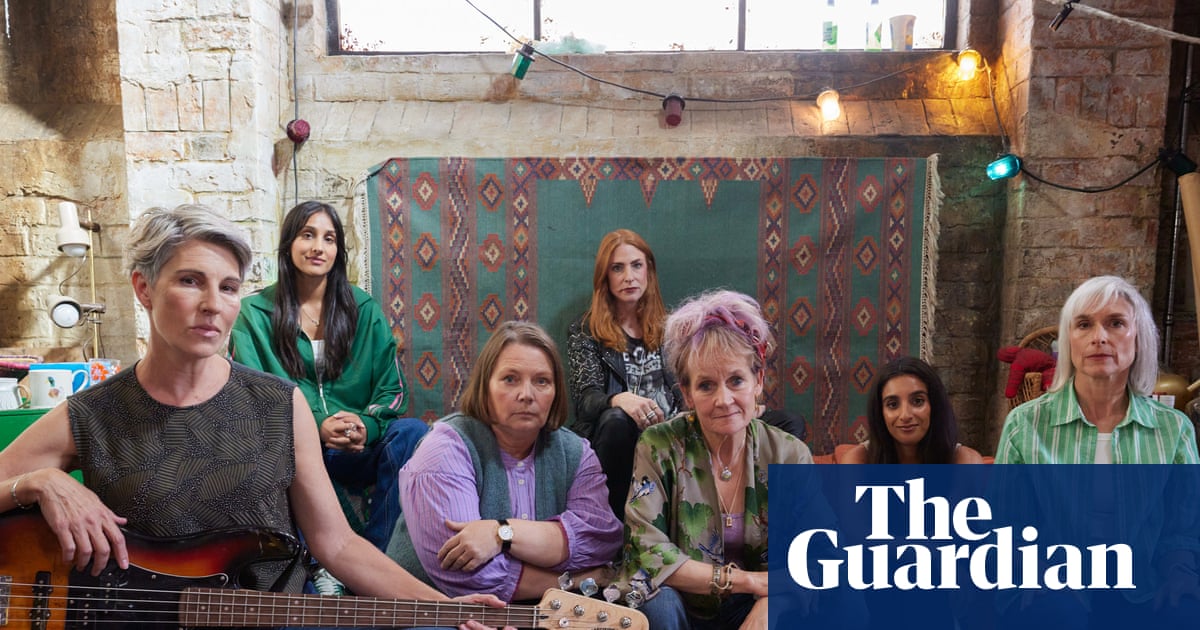
"Perhaps Tiff Bakker was misled by the title of Sally Wainwright's BBC series Riot Women (There is a fascinating TV series to be made about a menopausal rock band Riot Women isn't it, 22 October). Ms Bakker reaches back into the 20th century to make her point, and says that lesbians have always been invisible to society. Lesbians were visible and audible in 1970s feminism."
"In a career almost unimaginable without 70s feminism, Sheila became a rabbi. Through circumstance and solidarity, another late friend, Frances, was emboldened to write, sing and make music with others. She became Vi Subversa, the lead singer, lyricist and rhythm guitarist in the anarcho-punk band Poison Girls. They played benefit gigs for the peace movement and the Campaign for Nuclear Disarmament."
"Tiff Bakker castigates Sally Wainwright's approach to Riot Women as superficial. I am feeling quite foolish as I had not realised that this series was claiming to celebrate the north-west American feminist punk movement. I thought I was watching and enjoying a drama about the fraught lives of a group of women who cope with honesty, generosity and humour a drama that yet again displayed Wainwright's exceptional writing."
Lesbians were visible and audible in 1970s feminism. Sheila embraced Lesbian Nation ideas and pursued a rabbinical career influenced by 70s feminism. Frances became Vi Subversa, lead singer, lyricist and rhythm guitarist of anarcho-punk band Poison Girls, playing benefit gigs for the peace movement and CND. Their song Bully Boys provoked the National Front. Riot Women contains moments that recall Frances/Vi as she began to express her experience through music and lyrics. Some see Riot Women as misread by critics. Others describe the series as a drama portraying fraught women's lives with honesty, generosity and humour.
Read at www.theguardian.com
Unable to calculate read time
Collection
[
|
...
]